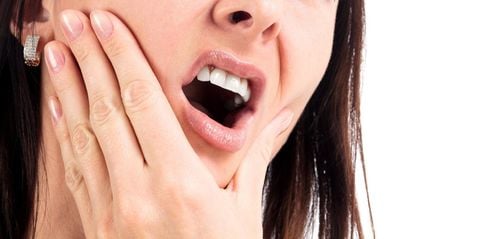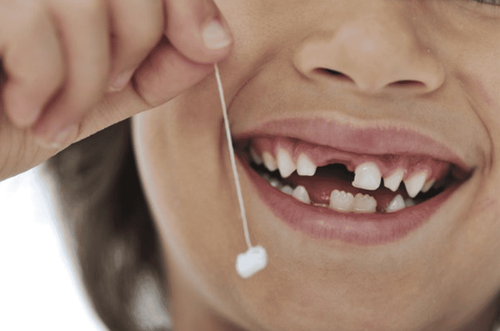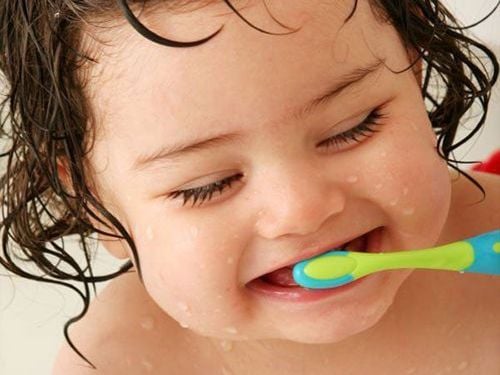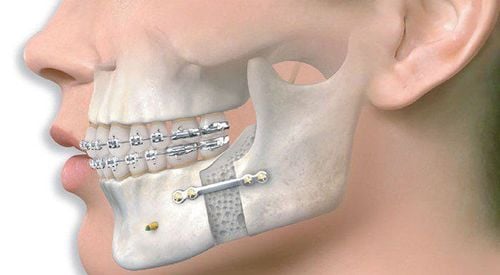This is an automatically translated article.
The article was consulted with Specialist Doctor of Pediatrics - Neonatology - Department of Pediatrics - Neonatology - Vinmec Hai Phong International General Hospital.
Teething is one of the developmental stages in children. Usually, babies will start showing signs of teething from the age of 6 months. However, some babies will get teeth earlier or later. The first teeth that usually appear when the baby is 6-10 months old are the 2 lower incisors and by the time the baby is 3 years old, they will have all 20 baby teeth.
1. Signs of teething babies
Teething is one of the developmental stages in children. Babies will begin to show teething from the age of 6 months. However, there are babies who will get their teeth earlier or later. So what are the signs of teething in babies? Usually, signs can include:
drooling: When your baby is teething, it will stimulate the 5th nerve, causing the baby to drool more than usual. Because the child's swallowing function is not yet complete and the mouth is still shallow, it leads to drool coming out. As the child grows older and the teeth erupt more fully, this phenomenon will gradually decrease. Rash around the chin and mouth: Caused by excessive drooling, the skin around the baby's mouth and chin is prone to rashes. Therefore, parents should thoroughly clean the baby when the baby drools a lot. Children with mild fever: Children's immune system changes when teething, leading to fever. When the child has a mild fever, you can apply a warm compress, feed the child a lot, and change into cool clothes. When the child has a high fever, it is necessary to take the child to a medical center for examination. Or chew and bite: When the teeth begin to erupt, the jaw is itchy, causing the child to bite everything to relieve this feeling. The baby is fussy and sucks poorly: Because of discomfort and pain, the baby will be fussy and may suck poorly, stop sucking. Other signs: Other signs such as cough without fever, not sleeping well, or being startled, ... may be manifestations when the child has teeth.
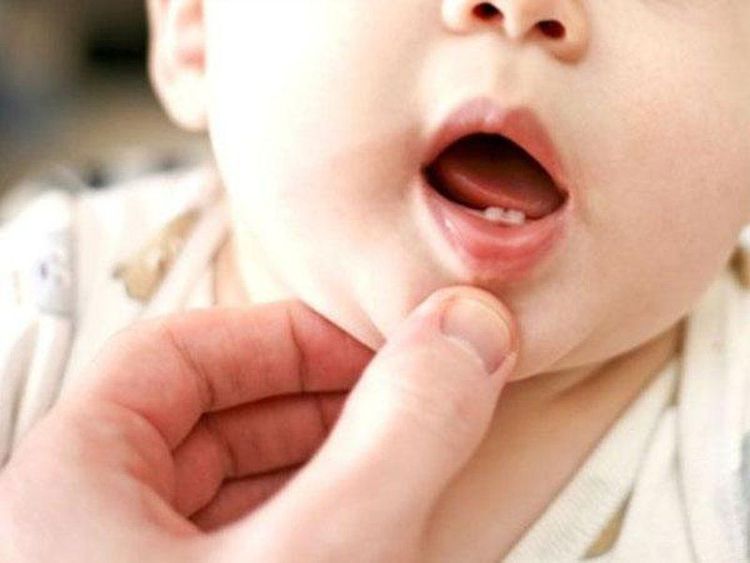
2. Which baby teeth first?
When there are signs of teething, baby teeth often appear in a certain sequence. So which baby teeth first? The order of teething of children is as follows:
The first teeth that usually appear when the baby is 6-10 months old are the two lower incisors. This is followed by the two upper front teeth which usually erupt at 8-12 months. When the baby is 9-13 months old, his two upper front teeth will grow and his upper jaw already has 4 front teeth. Next are the two lower front teeth, these two teeth erupt when the baby is 10-16 months old. The first two upper molars appear when the baby is 13-19 months old. The two lower molars erupt when the baby is about 14-18 months old and are one position away from the first four lower front teeth. The two upper canines are erupting at around 16-22 months of age. The two lower canines appear when the baby is about 17-23 months old. The next two lower molars come in when the baby is about 23-31 months old. The last two upper molars will erupt when your baby is about 25-33 months old. These are the last two baby teeth in the baby's teething order. By the time a child is 3 years old, 20 baby teeth will have erupted.
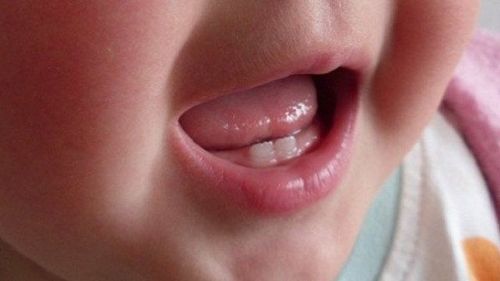
3. What to do when the baby teething?
Often, teething in babies will have unpleasant manifestations such as pain, itching, ... Parents should have a care regimen when the baby is teething to help the baby more comfortable. Specifically:
When your baby is in pain, you can help relieve the pain by using clean fingers, gauze or a clean towel to rub your baby's gums. If the child is anorexic, please create excitement for the child in each meal, divide the meals, do not force the child to eat, prepare soft food or cook porridge, decorate it with eye-catching decorations,... Add foods containing vitamins to help strengthen resistance and reduce pain when teething babies. If the child is under 6 months of age, increase the amount of feeding, over 6 months of age, let the child drink a lot of water in combination with breastfeeding. In case the child has a mild fever, parents should apply warm compresses and wear cool clothes for the child. If the child is over 6 months old, has a fever above 38.5 degrees Celsius, paracetamol can be used according to the weight dose. Use a clean towel to wipe the baby's teeth and gums regularly, wear a bib when the child drools a lot.
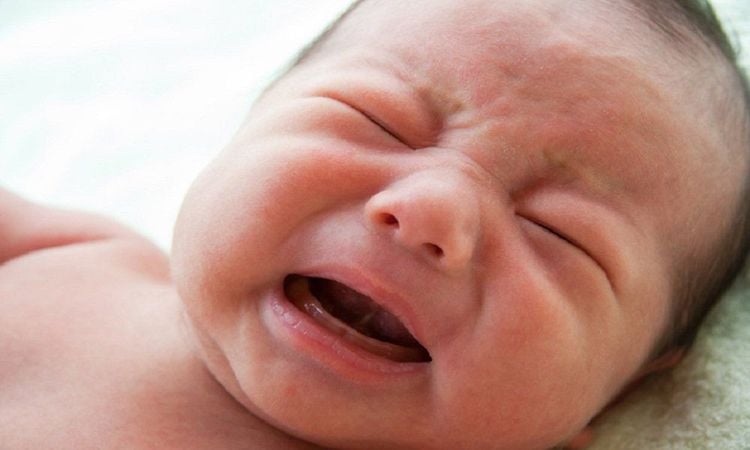
Children in the period from 6 months to 3 years old are very susceptible to respiratory problems, respiratory infections, skin diseases and gastrointestinal infections... parents need special attention attention to the care and provision of adequate nutrition for children.
For children to be healthy and develop well, it is necessary to have a nutritious diet in terms of quantity and quality balance. If children are not provided with adequate and balanced nutrients, it will lead to diseases of excess or lack of nutrients, which adversely affect the comprehensive development of children in terms of physical, mental and motor skills.
Parents should supplement their children with supportive products containing lysine, essential micro-minerals and vitamins such as zinc, chromium, selenium, and B vitamins to help fully meet their child's nutritional needs. At the same time, these essential vitamins also support digestion, enhance nutrient absorption, help improve anorexia, and help children eat well.
Parents can learn more:
Signs of zinc deficiency in children
Micronutrient deficiency and failure to gain weight in children
Please regularly visit Vinmec.com website and update useful information to take care of your child. Take care of the baby and the whole family.
Please dial HOTLINE for more information or register for an appointment HERE. Download MyVinmec app to make appointments faster and to manage your bookings easily.




